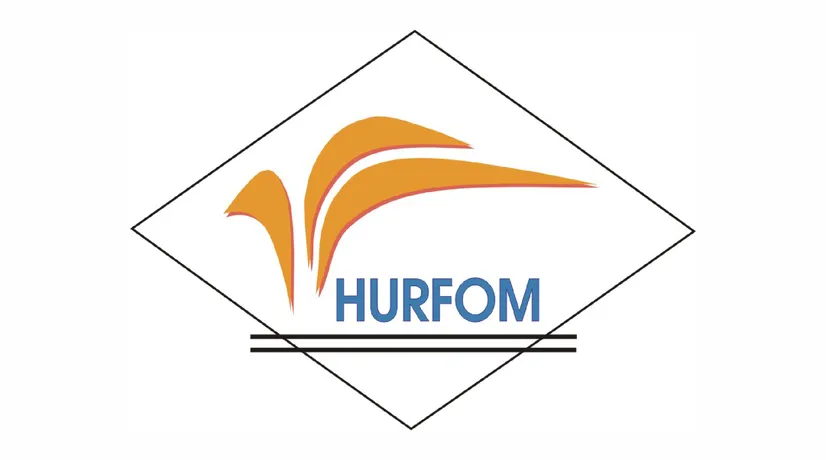IDP Communities Struggling to Survive as COVID-19 Restrictions and Quarantine Measures Causing Destitution in Southeastern Burma/Myanmar
15 July 2020

July 15, 2020
HURFOM, 15 July 2020: Internally Displaced Persons (IDPs) in remote communities in southeast Burma/Myanmar are struggling to survive. COVID-19-related restrictions on the freedom of movement in these areas—often under the administration of multiple ethnic armed organizations (EAOs)—make it almost impossible for villagers to access livelihoods, generating looming food shortages, exacerbated by the start of the rainy season. In response to these issues, HURFOM is publishing: “Left Behind and Destitute: How IDP Communities in Southern Burma/Myanmar Are Struggling to Survive during COVID-19”
“Most of us have been moving into a situation of destitution. Yes, the situation is one of moving from poverty into destitution, and this virus [COVID–19] has made us increasingly isolated by the lockdown,” said 44-year-old Nai San Oo. “New regulations and rules make it very hard to access our jobs; we cannot afford to feed our families. Now that some restrictions are lifted, it is already too late, and the rainy season has begun. We did not have a chance to work to collect and store foods during the dry season.”
Like much of the rest of the world, movement restrictions aimed at curbing the spread of the virus have had severe economic consequences for Burma/Myanmar. On 28 April 2020, the Union Government launched its COVID-19 Economic Relief Plan, intended to alleviate the economic fallout caused by the pandemic. Among its seven goals and 76 actions, includes mitigation strategies aimed at the household level, including cash transfers to the most vulnerable and in need, including IDPs. Aung San Suu Kyi praised the plan, claiming it left no one behind. However, our data shows that some remote IDP communities are being left behind and in danger of experiencing severe food shortages.
“It is hard for me to say ‘NO’ when my children come and ask for more food,” said mother of three, Mi San San Aye. “I know that we cannot feed them enough. This is the hardest time for me during these lockdown periods. My husband left me…about 2 years ago, and I tried to survive on my own, collecting tall grasses and working in the rubber plantation.”
Compounding these issues are the large numbers of returning migrants from foreign countries, themselves out of work due to stringent government restrictions enacted to curb the spread of COVID-19 and which are placing enormous pressure on communities in Mon and Karen states. Already stretched thin as they grapple with their own government’s orders restricting citizens’ movements and thus their ability to work and generate an income, these IDP communities are now faced with an increasing number of returning migrant workers who they must also support.
According to Nai Shwe Win, an activist in Mae Ga Row village, Kyaikmayaw Township, “The government gave nothing but instructions. There was no practical support. Nearly all villages in Kyaikmayaw Township has difficulty taking care of the returnees and their health. The organization donated a thermometer and another Mon organization supported us with hand sanitizer, masks, and brochures. I saw that my village followed the government’s instructions well, even though there was no support from them [government]. I want to request the government to support people with equipment and material in order to allow them to be able to follow the government’s instruction.”
For media enquiries:
Nai Bnyair Ogvon
Burmese & English +95 996 191 9757
Nai Aue Mon
Mon, Burmese & English +66 861 679 741
Email: [email protected], [email protected], [email protected]
Website: www.rehmonnya.org
Download full report in English and Burmese.
၎
င
၎
၎
Announcements
28 February 2025
Asian NGO Network on National Human Rights Institutions , CSO Working Group on Independent National Human Rights Institution (Burma/Myanmar)
Open letter: Removal of the membership of the dis-accredited Myanmar National Human Rights Commission from the Southeast Asia National Human Rights Institution Forum

Progressive Voice is a participatory rights-based policy research and advocacy organization rooted in civil society, that maintains strong networks and relationships with grassroots organizations and community-based organizations throughout Myanmar. It acts as a bridge to the international community and international policymakers by amplifying voices from the ground, and advocating for a rights-based policy narrative.